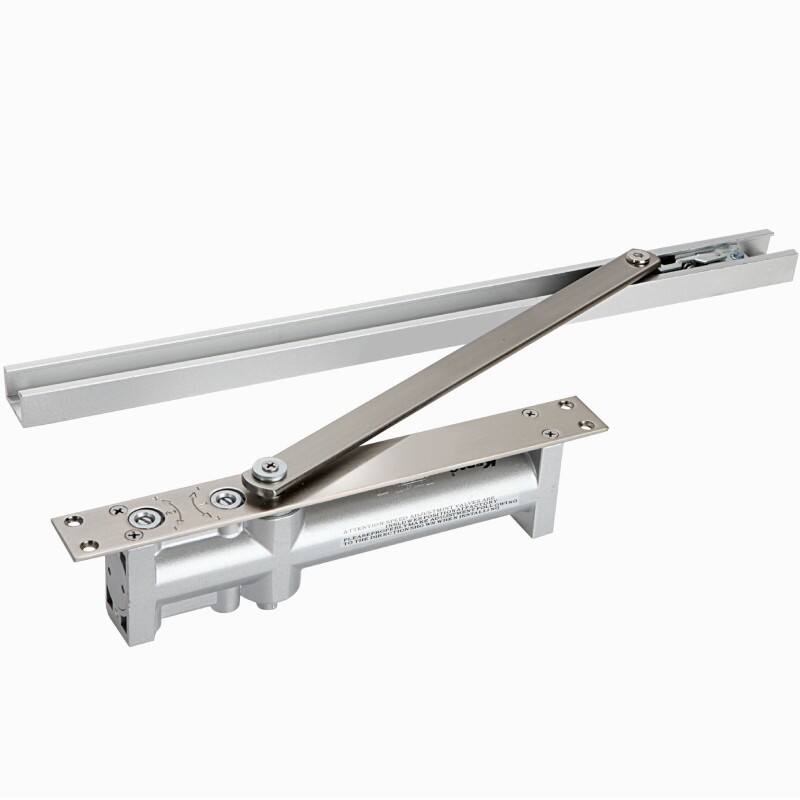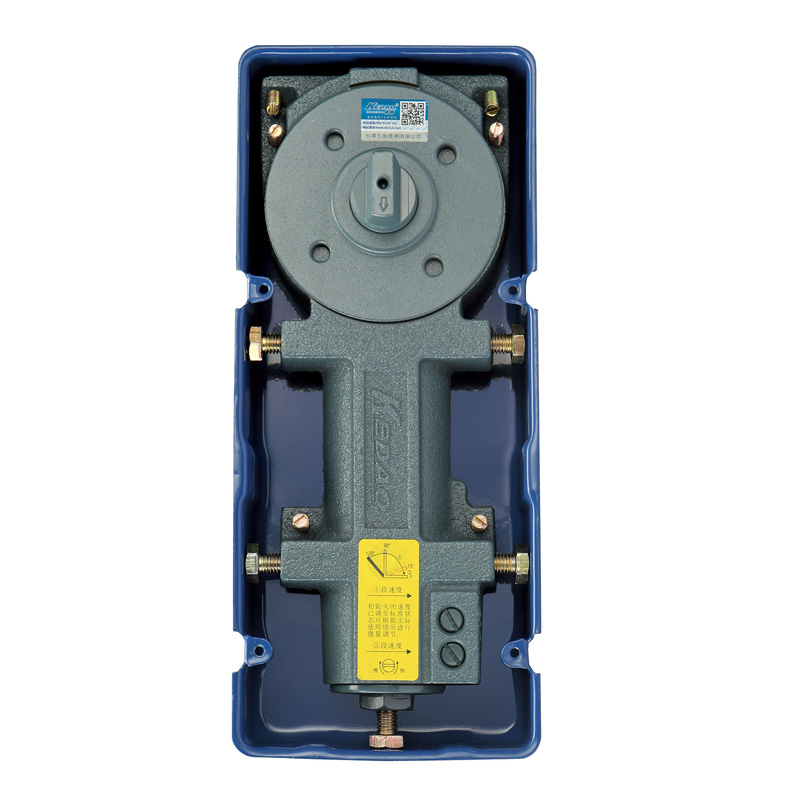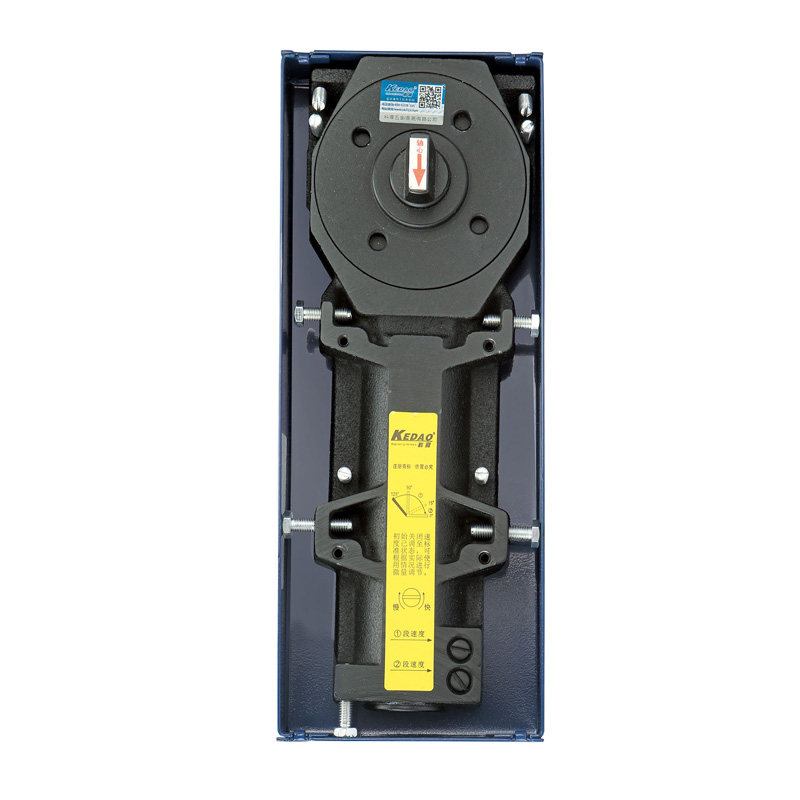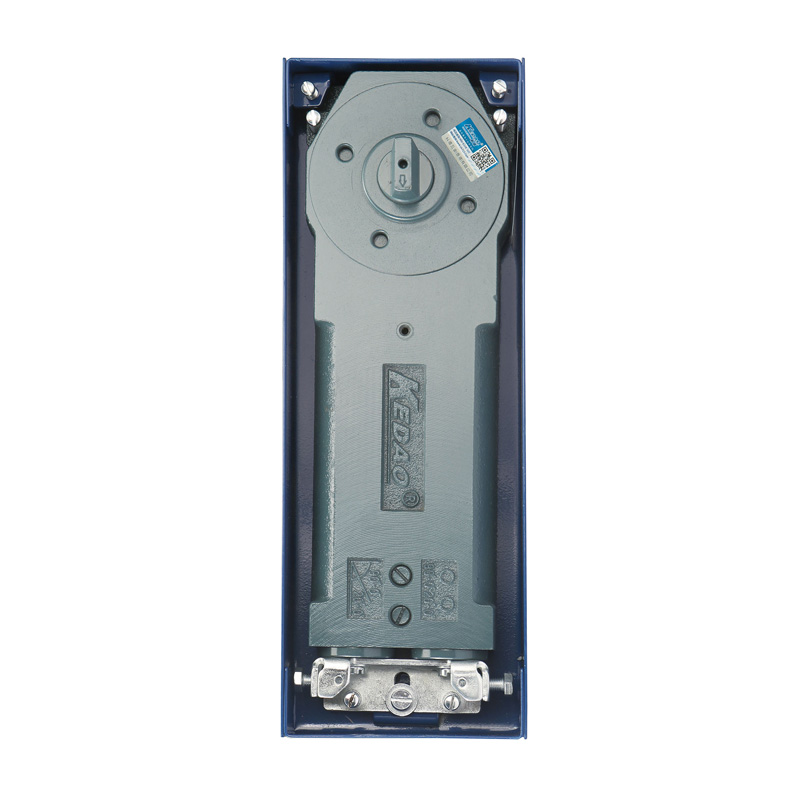Door closers are often overlooked, but these devices are essential for controlling the way doors open and close in various settings, from residential homes to commercial buildings.
Hydraulic Door Closers
Hydraulic door closers are one of the most common types on the market. They use hydraulic fluid to control the door's speed and closing action.
● Adjustable Closing Speed: Hydraulic door closers allow you to adjust the closing speed to suit your preferences. This feature is handy for controlling the force with which the door closes.
● Backcheck Function: Many hydraulic door closers include a backcheck function. This prevents the door from opening too far, protecting the wall from damage and ensuring a controlled closing motion.
Hydraulic closers are versatile and can be used on various door types, including lightweight interior doors and heavy exterior doors. They are commonly found in commercial buildings, schools, and residential properties.
Overhead Door Closers
Overhead door closers are installed at the top of the door and are concealed within the door frame. They are commonly used in commercial spaces, offices, and public buildings. They are a popular choice for many reasons:
● Aesthetically Pleasing: Since they are hidden from view, overhead door closers are aesthetically pleasing and don't interfere with the door's appearance.
● Adjustable Spring Tension: They often have adjustable spring tension, allowing you to fine-tune the closing force to match the door's weight and size.
● Durability: Overhead closers are known for their durability and long lifespan.
Surface-Mounted Door Closers
Surface-mounted door closers are visible on the door's surface and are typically attached to the frame or the door itself. They are versatile and can be used in both commercial and residential settings. Here are some key points to consider:
● Ease of Installation: These closers are relatively easy to install and are suitable for retrofitting existing doors.
● Variety of Designs: Surface-mounted closers come in various designs, allowing you to choose one that matches the aesthetics of your door.
● Adjustable Closing Force: Most surface-mounted closers allow you to adjust the closing force to meet your specific requirements.
Concealed Door Closers
Concealed door closers are hidden within the door frame or the door itself, making them nearly invisible when the door is closed. They are often used in upscale homes and high-end commercial buildings where aesthetics are a priority. Here's what sets them apart:
● Invisible Design: The primary advantage of concealed door closers is their discreet design. They don't interfere with the door's appearance.
● Adequate Strength: Despite their concealed nature, these closers are strong enough to handle heavy doors.
● Expensive Installation: Concealed closers can be more challenging and expensive to install compared to surface-mounted alternatives.
Floor Spring Door Closers
Floor spring door closers are installed at the bottom of the door and are typically used for heavy, glass, or commercial doors(commercial spaces, hotels, and high-end residential buildings.). Here are the key features:
● Smooth Operation: Floor spring closers provide a smooth and controlled closing motion, making them ideal for glass doors.
● Hold-Open Feature: Some floor spring closers have a hold-open feature, allowing the door to stay open at a specific angle.
● Durable Construction: They are designed to withstand heavy usage and harsh weather conditions.
Spring Hinge Door Closers
Spring hinge door closers are a cost-effective alternative to traditional door closers, which are suitable for residential doors, especially those that don't require heavy-duty performance. They are built into the door hinge and offer some unique advantages:
● Simplicity: Spring hinge closers are simple in design and installation. They replace existing hinges without the need for additional hardware.
● Economical: They are a budget-friendly option for residential applications.
● Limited Adjustability: Spring hinge closers often have limited adjustability compared to other types of closers.
In conclusion, door closers come in various types to suit different needs and preferences. Consider factors such as door type, location, aesthetics, and budget when choosing the right door closer to your specific needs. By understanding the options available, you can ensure that your doors operate smoothly, safely, and securely in any setting.






